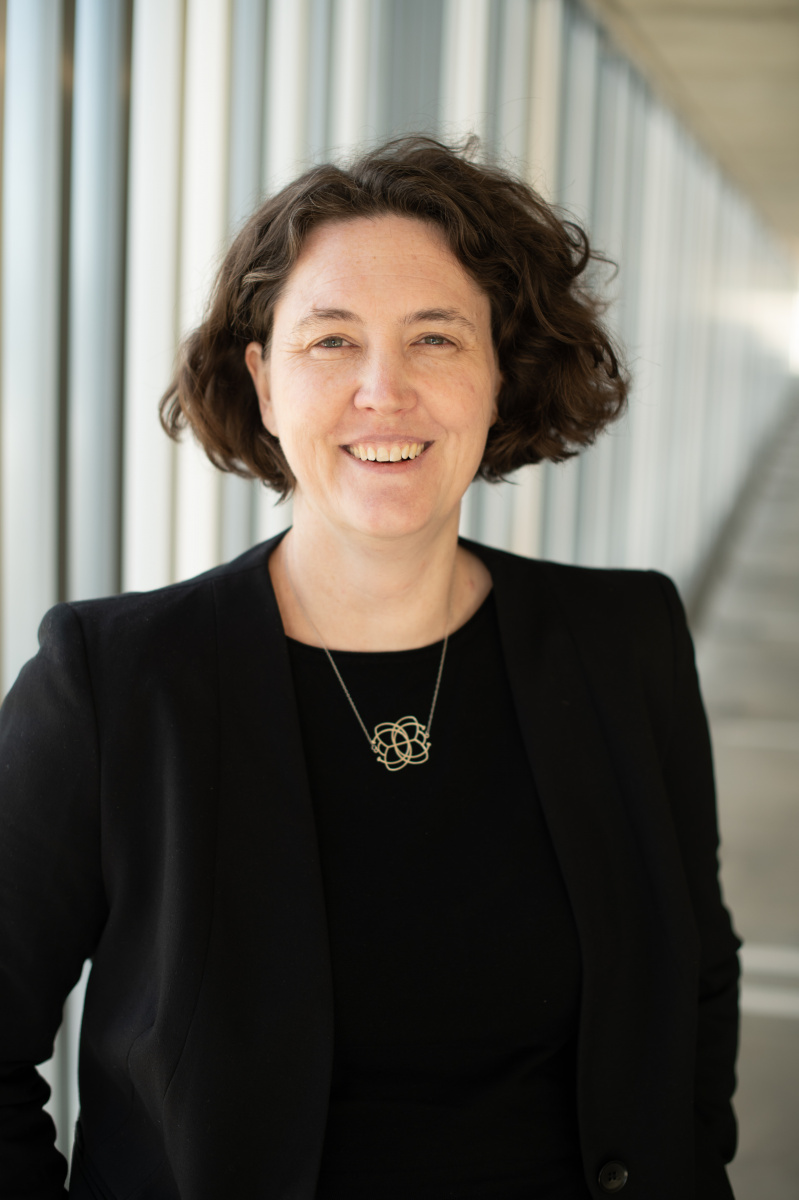State of emergency: COVID highlights hospitals’ mental health crisis

Today is World Mental Health Day.
In the context of a global pandemic, as well as a federal Budget coloured overwhelmingly by the ongoing response to COVID-19, the day is particularly pertinent.
But as a doctor in the emergency department (ED), every day is mental health day.
In 19 years working in hospitals, I’ve cared for people with mental health symptoms of all varieties, many of whom had intersecting problems – chronic physical illness, social isolation, alcohol and drug dependence, and trauma.
Over time, the proportion of Australians with mental health conditions has increased and, in turn, the number of people seeking treatment in EDs has grown.

Dr Clare Skinner. Photo: Supplied
COVID-19 has added complexity, casting mental health in a much sharper light for many, and making solutions all the more urgent.
No one wants to end up in the ED, whether they present with emotional distress or a broken leg, but the experience can be especially confronting, even traumatising, for those needing mental health support.
A lack of appropriate community services means people requiring mental health care have limited options, particularly after hours.
Apart from EDs, there is often nowhere else to go.
Since I began practising, attitudes to mental health have come a long way, but our EDs are still not best equipped to respond to people in psychological distress.
They are busy, designed for rapid assessment and stabilisation of large numbers of patients. The lights and noise are constant.
For an agitated or distressed person, this environment can make a bad situation much worse.
Compounding this, patients with mental health needs wait longer than those with physical symptoms to undergo an initial assessment and to receive definitive treatment.
They wait longer in emergency before being discharged or admitted to an inpatient unit.
In different parts of Australia, patients with mental health problems can wait in an ED for days.
Often, the only group that routinely spends more than 24 hours in EDs waiting for hospital beds are mental health patients.
Unsurprisingly, people become frustrated and often leave after waiting an unreasonable time for treatment or beds.
People with lived experience have told me and my colleagues about harm caused by ED overcrowding – the noise, distress, long waits and the impact of restrictive practices.
We must do better.
In EDs, we need to improve how clinicians engage with patients, through understanding the impact of past trauma and demonstrating empathy.
We need to have mental health specialists and social workers readily available. We need better linkage with community services.
Last month the Australasian College for Emergency Medicine released the Nowhere Else To Go report which contained a comprehensive set of recommendations to help improve care for patients seeking mental health support, both within and outside of EDs.

Waiting 24 hours for a bed can only worsen mental health conditions. Photo: Getty
While individual investments in mental health initiatives in the federal budget are appreciated, there was also a lack of systemic reform initiatives. Long-term, sustainable measures which provide genuine and lasting improvements are still needed.
This requires a complete re-think of our mental health system, with collaborative input from consumers, carers, general practitioners, community-based clinicians, social leaders and governments – along with ED staff who respond daily to people’s acute mental health needs.
We must step outside our silos, observing the principle ‘nothing about us without us.’
We must ensure quality mental health care is available in the community, when and where people need it. This means making services available around the clock and addressing the severe shortage of care options in rural and regional areas.
When people present to EDs, appropriate treatment and (if they need it) an inpatient bed, must be available.
The standard of care expected for patients presenting with physical injuries must be available to people experiencing mental health symptoms.
This World Mental Health Day, imagine the care you would hope to receive if experiencing mental distress, or the treatment you would like for a friend or family member.
Let’s collectively strive to provide it.
Dr Clare Skinner is a Sydney-based emergency physician, director of emergency medicine and Chair of the Australasian College for Emergency Medicine’s Mental Health Working Group.








